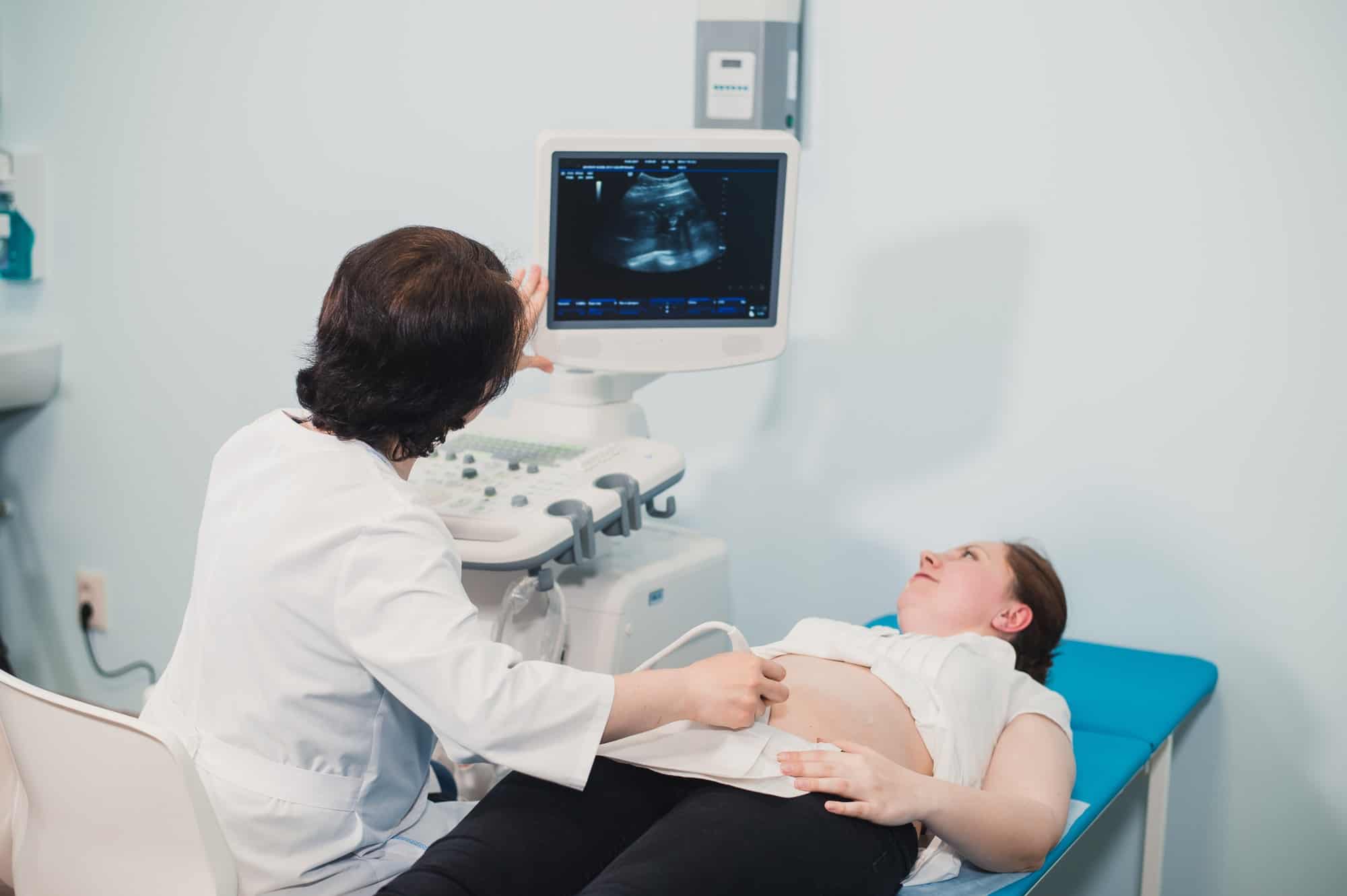My Cart(0)
High-Risk Pregnancy 101

If your OBGYN has deemed your pregnancy “high-risk,” there are a number of factors that could potentially contribute to the diagnosis. After thoroughly examining you and knowing your medical history, lifestyle choices, daily habits, and prior pregnancies, the medical professional will determine whether your pregnancy poses a risk to you and your baby’s health. If it does, you’ll receive additional care and instructions on how to take good care of yourself until it’s time to deliver.

What Causes a High-Risk Pregnancy ?
So, what makes your pregnancy different than other people’s? Why are you considered high-risk? Is there something that you’re doing to make your pregnancy riskier than other people’s?
Your pregnancy is considered high-risk if:
- You are overweight or underweight.
- Are under the age of 18 and over the age of 35.
- You have had problems with pregnancies in the past.
- Had issues getting pregnant in the past.
- You have an autoimmune disease such as lupus.
- Have a history of heart disease, high blood pressure, kidney problems, diabetes, cancer or blood disorders.
- Have a STD including HIV.
This list is just a sampling of why your pregnancy may be higher risk than others. Your doctor considers your unique medical history. He or she knows you as an individual, your wants, and needs which helps the medical professional come up with a plan of action that is in your best interest.

You may even discover that after being pregnant for a while that your pregnancy becomes high-risk.
This is the case for mothers who are carrying multiples, ones who have preeclampsia or gestational diabetes, and ones that even go into labor before the 37 week. Women who have infections such as Zika, listeria or toxoplasmosis are also at greater risk during their pregnancies. Receiving follow-up care from your physician is an absolute must because it helps you safely carry and delivery a healthy child until his or her delivery date.
If you are considered “high-risk” by your OBGYN, they will want to follow-up with you more regularly.
You may have extra appointments scheduled, so the doctor can monitor the baby’s growth and development. Making sure that you always do what your OBGYN has suggested helps prevent problems related to high-risk pregnancies.
You’ll want to get the pregnancy tests and screenings needed to ensure a healthy delivery as well as eat nutritious foods, move your body by doing safe exercises, and take the pre-natal vitamin prescribed to you to prevent birth defects. Taking charge of your health and well-being by being knowledgeable, compliant, and communicative is key. Your doctor is available to assist you by answering questions and providing you with medically-sound advice along the way.

Prepare for a High-Risk Pregnancy by Following Your OBGYN’s Advice
Knowing what may occur during a high-risk pregnancy helps you better prepare for it. You’re not caught off-guard because you didn’t take the precautionary measures necessary to prevent complications. You’re able to follow up regularly with your physician who wants to monitor you and your baby closely throughout your pregnancy.
unsubscribe at any time without costs.










